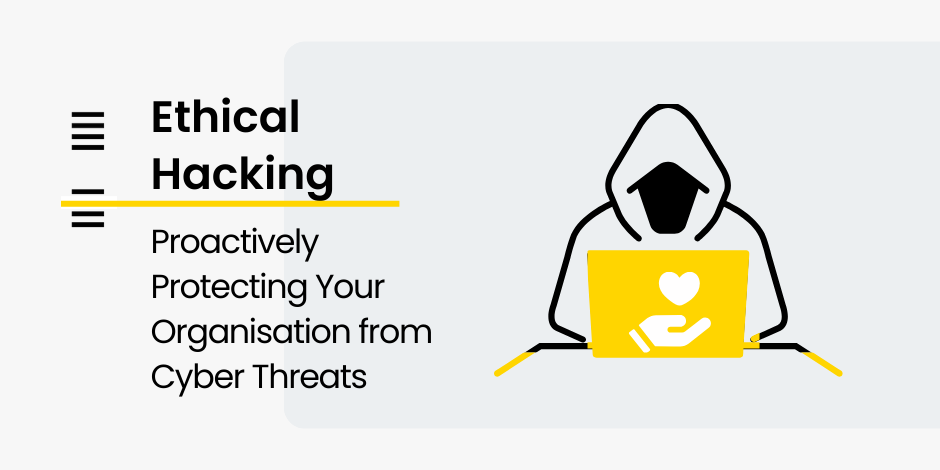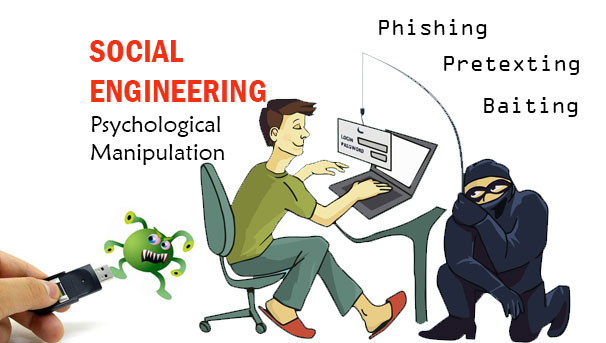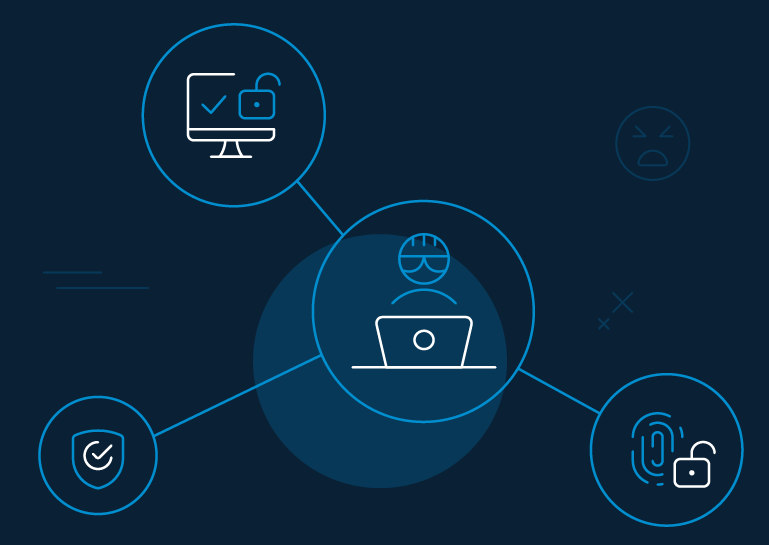
Imagine leaving your house unlocked, only to have a trusted friend check the doors and windows before a thief does. That’s what ethical hackers do for businesses in the digital world. Cyberattacks like those stealing customer data or locking up your systems can hit any company, big or small, costing millions and damaging trust.
Ethical hackers, the good guys of cybersecurity, test your defenses to find weaknesses before the bad guys do. Here’s a simple guide to how they work, why they matter, and what it means for your business.
What’s the Deal with Cybersecurity?
Think of your business as a house. Your computers, apps, and customer data are like valuables inside. Cyber criminals are like burglars looking for easy ways in an unlocked door (weak password), an open window (outdated software), or even a convincing lie to trick an employee (phishing email). A single break in can be disastrous: in 2024, the average cost of a data breach was $4.5 million, not to mention lost customers or bad reputation.
Cybersecurity is about locking those doors and windows. But how do you know where the weak spots are? That’s where ethical hackers come in they’re like security experts who test your house to make sure it’s safe, without stealing anything themselves.
Ethical Hackers: The Heroes You Didn’t Know You Needed
Ethical hackers, also called “white hat” hackers, are professionals hired to think like criminals but act like protectors. They use the same tricks as hackers without the harm, to find vulnerabilities in your systems.
Here’s how they help, in plain terms:
- Checking for Weaknesses: They look for things like easy to guess passwords, outdated apps, or unprotected websites, much like checking if your front door is flimsy.
- Testing Your Team: They might send fake scam emails to see if employees click suspicious links, helping you train your staff to spot tricks.
- Simulating Break-Ins: In a controlled way, they try to “break into” your systems to see how far they can get, revealing gaps before real attackers exploit them.
- Handing You a Fix It List: After testing, they give you a clear plan to strengthen your defenses, like recommending better locks or an alarm system.
For example, an ethical hacker once helped a small retailer discover that their online store had a flaw letting hackers steal credit card details. Fixing it saved the business from a PR nightmare and costly lawsuits.
Why This Matters to Your Business
You don’t need to be a tech expert to see why ethical hacking is a game-changer. Here’s what it means for you:
- Saving Money: Catching problems early prevents expensive breaches. Companies saved millions in potential losses by fixing a single vulnerability found during a test.
- Protecting Your Reputation: Customers trust you with their data. A breach can scare them away, but showing you take security seriously builds loyalty.
- Staying Legal: Regulations like GDPR or CCPA can slap hefty fines on businesses that don’t protect data. Ethical hacking helps you stay compliant.
- Keeping the Lights On: A cyberattack can freeze your operations—think locked computers or halted online sales. Testing keeps your business running smoothly.
Real-World Wins
Consider a local restaurant chain that thought cybersecurity was only for big corporations. An ethical hacker found that their booking system was vulnerable, letting attackers access customer names and emails. After fixing it, the chain not only avoided a data breach but also used their proactive approach in marketing to show customers they cared about privacy. That’s a win for security and brand trust.
Or take a mid sized accounting firm that hired ethical hackers to test their systems before tax season. The hackers uncovered a weak link in their cloud storage, fixed it, and trained employees to spot fake emails. When a real phishing attack hit, the team was ready, and no data was lost.
Getting Started: What You Can Do!
- You don’t need a tech degree to make your business safer. Here are simple steps to leverage ethical hacking:
- Hire Trusted Pros: Work with certified ethical hackers who follow strict ethical guidelines.
- Test Regularly: Just like you service your car, test your systems yearly or after major changes to catch new risks.
- Train Your Team: Teach employees to recognize suspicious emails or calls. Ethical hackers can run mock scams to make training fun and effective.
- Start Small: If you’re a small business, begin with a basic security check. Even a quick test can uncover big issues.

In summary:
Cyberattacks aren’t just a problem for tech giants they can hit any business, from mom and dad shops to global firms. Ethical hackers are like your personal security team, finding and fixing weaknesses before they become disasters. Investing in their expertise isn’t just about tech It’s about protecting your customers, your reputation, and your business.
So, what’s your next step? Have you thought about how secure your business really is? Share your thoughts below, or reach out to learn how ethical hacking can keep your company safe in today’s digital world.



